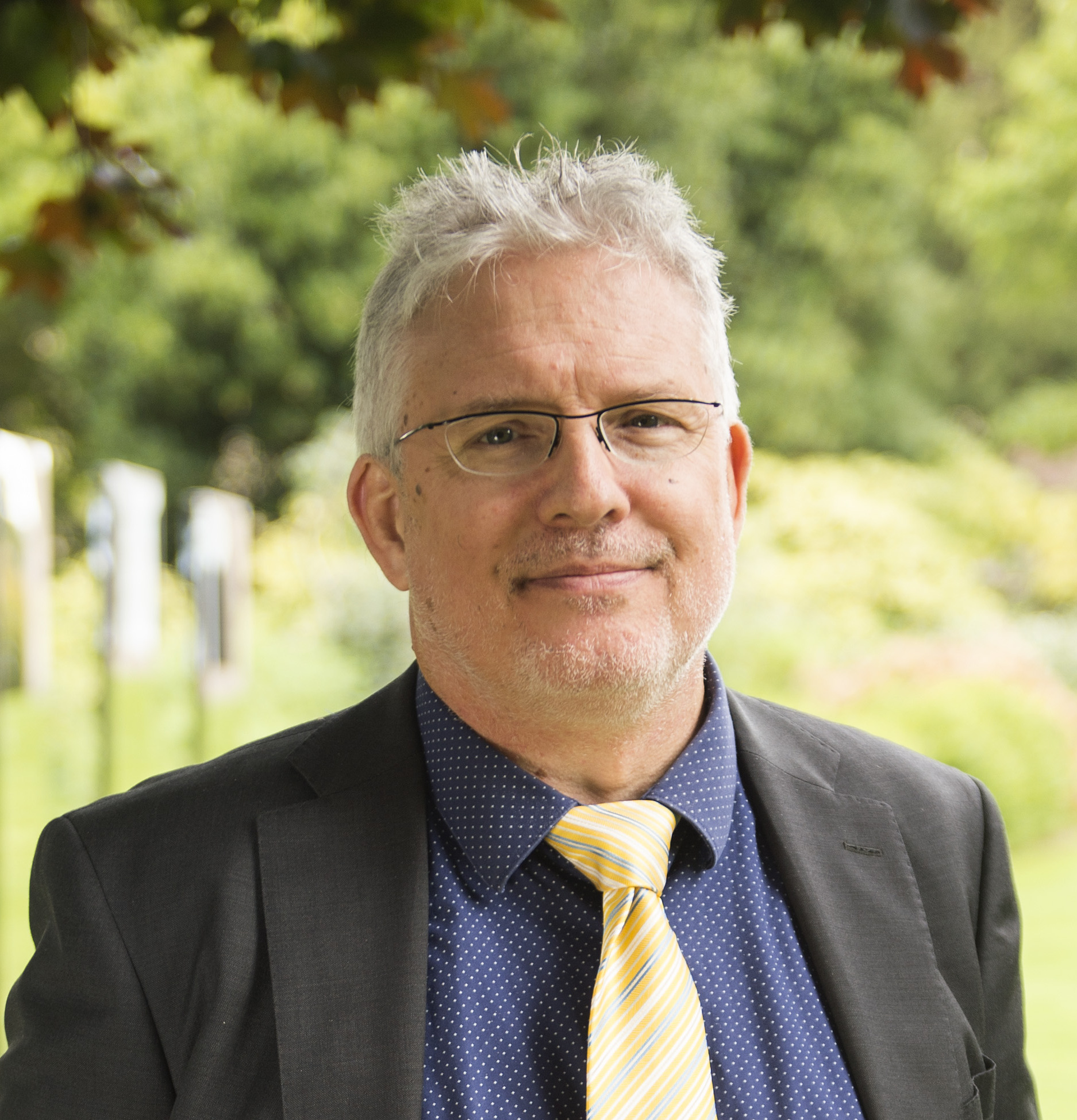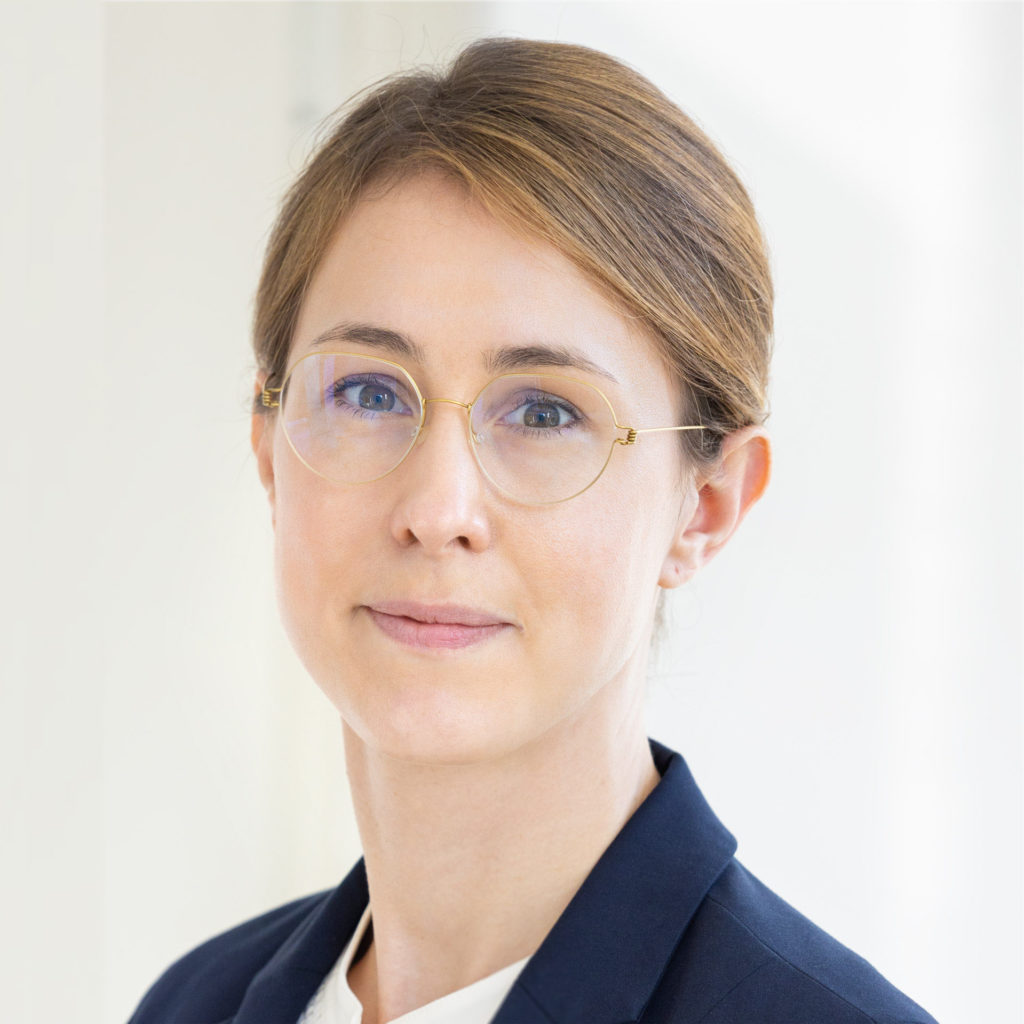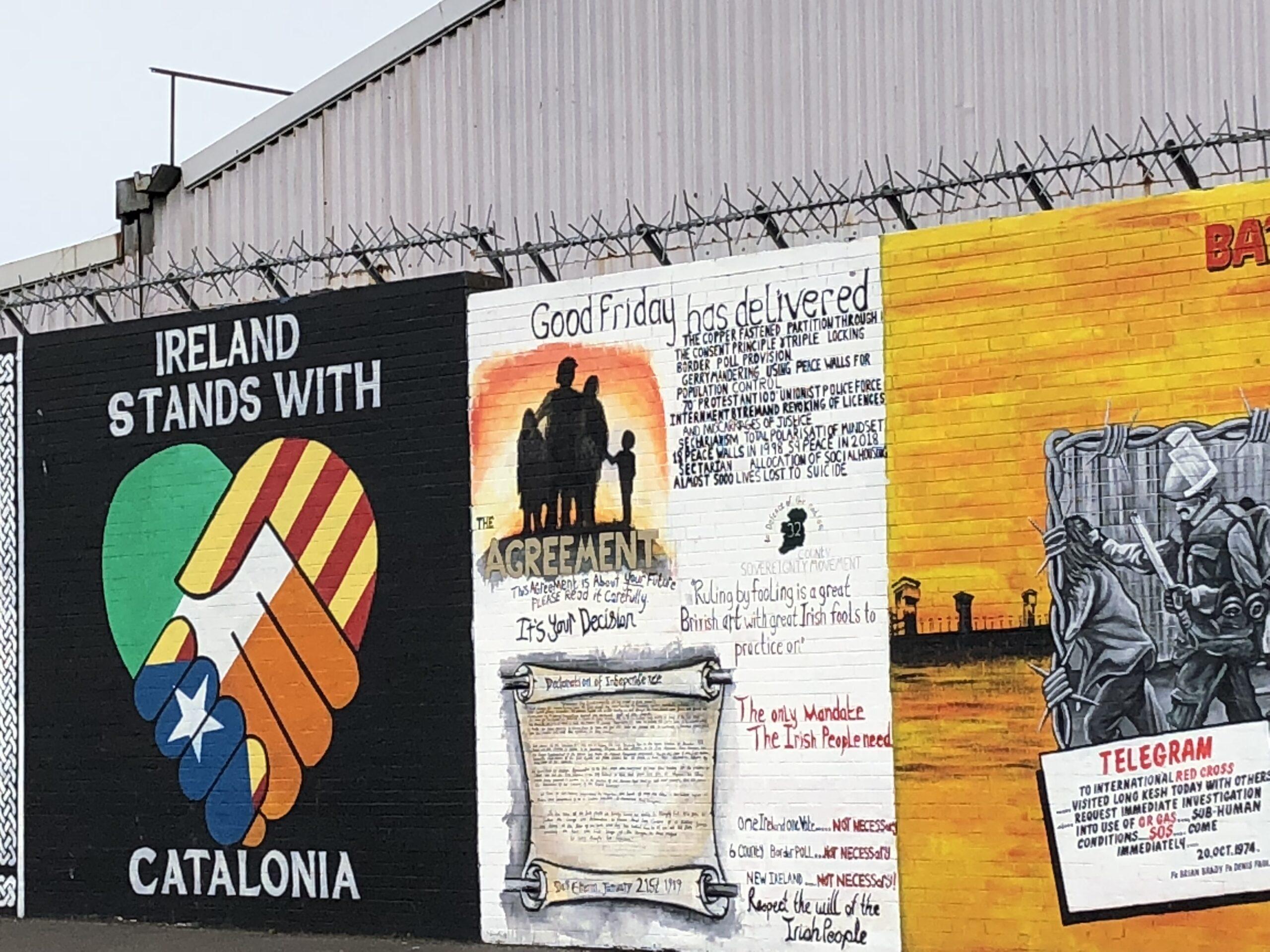Case studies of contested sovereignty in Europe
Efforts to achieve autonomy have certainly existed since the time when political communities first emerged. The questions of who belongs to whom, who does not belong to whom, who sees themselves as something independent and who wants to belong to something bigger are probably some of the timeless fundamental historical questions and one of the central reasons for political conflicts and wars.
The sovereign nation state of modern times seems to be a concept that has pacified many of these conflicts, but at the same time has also triggered many new conflicts. Even in Europe, whose nation-state borders seem so clearly defined, there are still aspirations for autonomy and secessionist conflicts, some of which have lasted for a long time – with phases of varying intensity. These are often so-called “frozen conflicts”, which remain quiet for a long time but can erupt at any time, at least latently. This applies to all three case studies that were examined comparatively in this workshop: Northern Ireland, Catalonia and Eastern Ukraine. Conflicts of this kind repeatedly make us aware of how fragile political territories, geographical borders and, most fundamentally, people’s sense of belonging are. The case studies on the three conflicts mentioned were examined from the analytical perspective of adhesion vs. separation. On the first day of the workshop, the three conflicts were systematically examined in individual panels. In the case of the Catalonia conflict, it was shown that this is a very multicultural and inclusive separatist movement. In debating the Northern Ireland conflict, the new tensions triggered by Brexit were examined in particular. With regard to Ukraine, the main focus was on strategic narratives and the topic of identity formation. On the second day of the workshop, an attempt was made to formulate overarching findings and to identify similarities and differences between the three case studies discussed. A fundamental pattern seems to be that conflicts shape identities and not the other way around. Furthermore, it is important to distinguish between narratives and mere rhetorical frames. Finally, the underlying dimensions of conflicts were divided into social and human factors such as psychology, politics, religion and language on the one hand and hard constraints such as geography and economics on the other. Various core theses and statements from the workshop participants, who came from Bristol, London, Dublin, Glasgow, Manchester, Cardiff, Barcelona and Bern, were recorded on video.
WORKSHOP REVIEW
Prof. Stephan Lewandowsky
The workshop examined the factors affecting adhesion and separation between national and subnational entities, focusing on independence movements on the one hand and nations’ attempts to retain unity on the other. We consider “hard” factors, such as geography and economics, alongside softer human factors like psychology and identity. For example, Taiwan’s geographic advantage as an island provides a “hard” constraint favoring its continued independence. The workshop examined these variables using three case studies: Catalonia, Northern Ireland, and Ukraine. The remaining videos provide a glimpse at the complex dynamics of separatist movements and their underlying drivers.
Dr. Andrew Dowling
I discuss Catalonia’s failed independence movement in 2017, exploring reasons for its lack of success and comparing it to the broader Catalanism movement. I highlight the movement’s inability to broaden its appeal beyond its core supporters, contrasting it with Catalanism’s more inclusive approach.
Dr. Paola Lo Cascio
I am in this workshop to talk about the Catalan case, and specifically I was here to talk about how the Catalan pro-independence movement used the memory of the Spanish Civil War and the Franco dictatorship for its own aims. I think this created a very effective narrative because it links the goal of an independence movement with a struggle for democracy.
Fintan O’Toole
My interest lies in discussing Northern Ireland’s challenges and successes within the broader context of global democracy and its crisis. Reflecting on the past two decades, I observe Northern Ireland’s shift from being seen as an exception to embodying issues that are increasingly common in polarized societies worldwide. Yet, I also find hope in Northern Ireland’s approach to complex narratives and fluid identities, suggesting valuable lessons for fostering shared stories and collective futures amidst contemporary conflicts.
Prof. Jane Suiter
I’ve had an engaging few days discussing the role of information and narratives in conflict and non-conflict contexts. I presented my research on deliberative democracy, advocating for its inclusion alongside traditional voting methods to ensure diverse voices are heard in policy-making. Deliberative processes reveal nuanced public opinions, challenging binary assumptions as seen in Ireland’s abortion debate. Additionally, research highlights the benefits of involving younger generations in decision-making, fostering intergenerational justice through initiatives like children’s assemblies.
Dr. Joanna Szostek
My research delves into media’s role in interstate relations, focusing on narratives in Ukraine. I presented findings on Russia’s and Ukraine’s strategic narratives from 2014 to 2022, by analyzing presidential speeches. Ukraine highlights Russian aggression to legitimize self-defense, whereas Russia frames the 2014 events (the Maidan revolution) as a Western-inspired coup. These narratives construct distinct realities, with some elements, like alleged genocide in Donbas, being fictional. I explore how these narratives are constructed and received, particularly within Ukraine and Russia.
Prof. Vera Tolz
As a Russia specialist, I ponder why Russia initiated a full-scale war with Ukraine. Reflecting on the 1990s, Ukraine’s independence posed a significant challenge to Russia’s identity. Despite political pluralism then, a treaty confirming Ukraine’s borders was signed. Today, under a dictatorship, specific political choices by unchallenged leaders led to the conflict. It’s clear the war wasn’t inevitable but resulted from deliberate decisions within the Russian political system.
Dr. Mykola Makhortych
My research focuses on memory’s role in shaping narratives of separation and adhesion, particularly in the context of the Russian aggression against Ukraine. I examine how Russian officials manipulate memories, notably of WWII, to achieve their objectives. This includes denying Ukrainian elites’ agency, delegitimizing the Ukrainian people and borders, and distorting Ukrainian politicians’ actions. Understanding this memory manipulation is crucial for comprehending Russian mobilization efforts and its impact on Ukrainian identity, especially amid advancements in technology.
Dr. Jon Roozenbeek
I’m attending to absorb insights on independence and separatist movements in Ukraine, Catalonia, and Ireland, focusing on my expertise in mis- and disinformation and my involvement in the Ukrainian conflict. It’s enriching to hear familiar experts discuss identity’s role in the conflict and diverse perspectives.
Convener:

Prof. Stephan Lewandowsky
University of Bristol, UK
Fellow AIA NRW
Contact:

Lisa Hartmann
Public Relations and Events Officer



